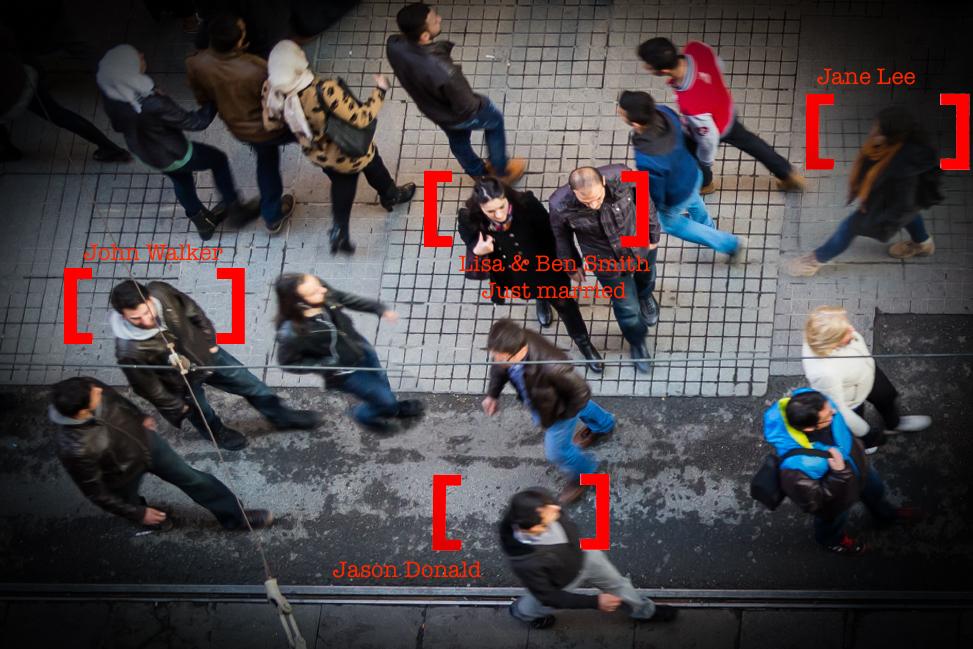An insider in China has revealed to the Epoch Times that he helped build a database that is now being used to handle Americans’ personal information stolen in cyberattacks.
The FBI revealed on June 4, 2015, that a cyberattack, allegedly from China, stole personal information on close to 21.5 million U.S. federal employees after breaking into the computer files of the Office of Personnel Management (OPM). Subsequent Chinese cyberattacks have also targeted personal data on Americans, including the February 2015 breach of Anthem that stole close to 80 million records.
Speculation began soon after on how the Chinese regime could use the data. A July 2015 report from the Congressional Research Service states “experts in and out of government” suspect the Chinese regime may be building a database on federal employees it could use for espionage.





